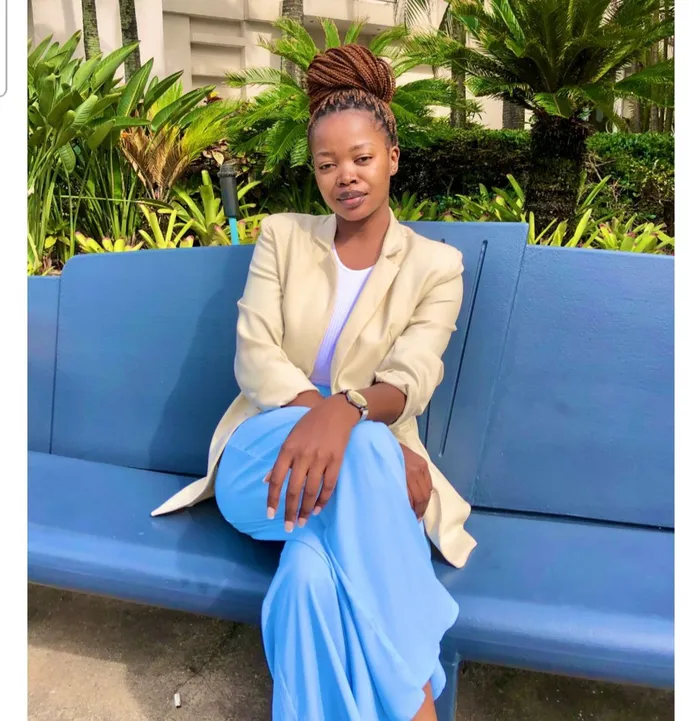Rural girl challenges gender stereotypes and excels in agricultural career

Siphokazi Shabalala originates from Endwebu village, which is located on the south coast of KwaZulu Natal. Photo: Supplied
South Africa’s agricultural sector is rich with young, vibrant new talent that is sure to bring much-needed innovation and elevate the whole industry.
Traditionally a male-dominated sphere, women have been pouring into agricultural careers and are looking to take the reins in these important professions.
Among them is 27-year-old Siphokazi Shabalala, who originates from Endwebu village, which is located on the south coast of KwaZulu-Natal.
The introverted young woman is a twin and grew up in an ambitious family, where she says education was highly encouraged as a way of upward mobility and success.
‘’Me and my other siblings were motivated to have at least one degree. My parents were really strict on that, and they still are. This is why they enrolled me into a boarding school for the rest of my high school years,’’ she says.
Shabalala attended Mariathal Combined School, a Catholic institution in Ixopo, KZN.
This is where the rural-born woman came into her own, as the environment proved conducive to teaching independence and discipline. Additionally, it cemented her relationship with God and prayer.
She originally wanted to become a radiographer, but when her application was rejected, she had to think on her feet and find a new path.
Shabalala elected to do a bridging course, a science programme used by students to have access to other scientific disciplines at the University of Zululand.
‘’I did that two-year course. After this, I decided to study a bachelor of science agronomy, which is basically all about crop production, soil science, the research of plant genetics and plant physiology.
‘’I did not have any plans for this course, but what encouraged me to carry on doing it was the support I got from my parents, especially my father, who loves agriculture.’’
After graduating, she encountered the plague that unfortunately afflicts many graduates in the country: unemployment. She adds that she was always on the lookout for employment opportunities, but nothing seemed to work.
Shabalala then discovered content creation on social media and decided to conduct some research into what makes up this lucrative career.
She became more active online, which bolstered her following and worked with prominent skincare and make-up brands, among others. This side hustle kept her afloat as she was still unemployed.
In 2022, she got offered to work for the Department of Agriculture, Land Reform and Rural Development as an agricultural assistant practitioner.

‘’Although it was a short contract, but I learned a lot and gained some experience as it aligned with my field of study. I am currently employed in that position but different district now.
‘’We assist agricultural advisers, work with farmers using scientific methods and techniques to help maximise production, support farmers with various production mechanical and inputs, take soil samples, and assist farmers with technical agricultural advice,’’ she explains.
She encouraged women not to feel discouraged in pursuing a career in agriculture. ‘’This field is not limited. Whether you are a male or a female, everyone is equal.’’
Shabalala now aims to enrol for a NQF Level 9 qualification, which will facilitate her professional growth within this industry.
‘’To young women who want to enter the sector, don’t hesitate. Come get a piece of the pie. Let us keep the world green. This is an industry that is crucial, not just in SA but in the rest of the world. We eat, we wear, and we live agriculture.’’
IOL Business